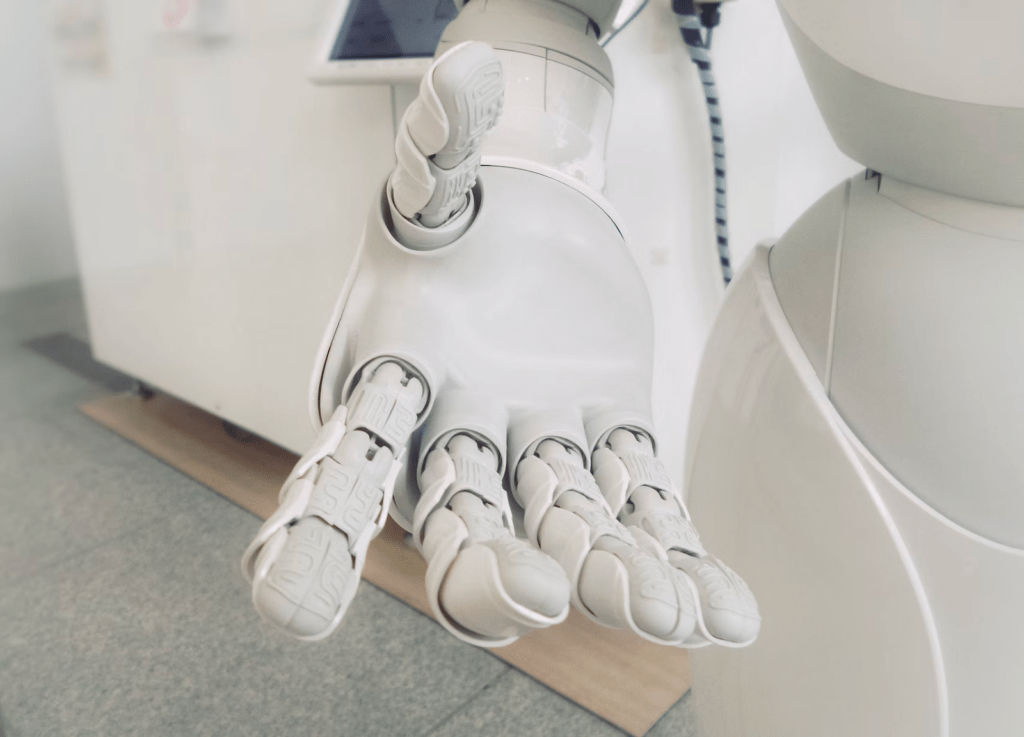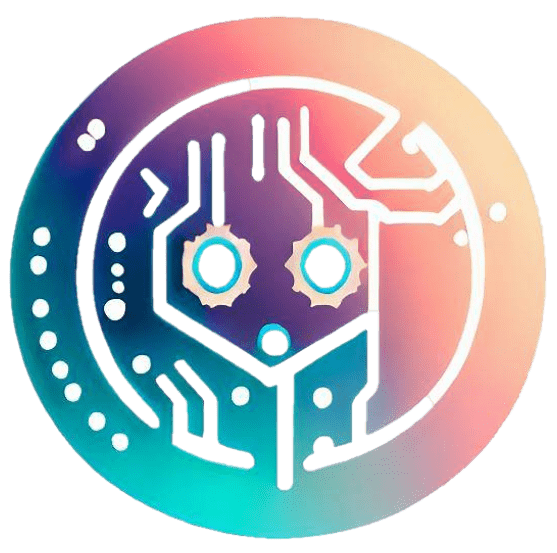
The rapid development of artificial intelligence (AI) has raised concerns about its ethical implications. Spreading misinformation, creating false images, and displacing jobs – these are just some of the latest issues surrounding this modern technology, hence all the clamor.
Many have warned about its effects on society, going as far as saying that it would lead to its downfall – that’s what renowned physicist, Stephen Hawkings, had to say about artificial intelligence back in 2014. Does his statement hold weight up to this day? Other AI pioneers are likely in agreement. Geoffrey Hinton, the godfather of AI, recently quit his decade-long stint at Google so he could engage in all the AI talk and discuss its risks freely.
With many prominent figures in tech speaking out about its dangers, it’s easy to see why there are many ethical issues involved with this innovation. Before we dive into the ethics of artificial intelligence, let’s have a briefer on this controversial technology.
What Is Artificial Intelligence?
Artificial intelligence, to put it simply, is the simulation of the human brain by technology. That isn’t to say that it’s an exact replica of the human brain. In fact, there are certain tasks that AI can do that humans can’t and vice-versa. Processing large data sets, for instance, is one task that artificial intelligence can do efficiently, so efficiently that it can sometimes be done in a matter of seconds. That means an AI algorithm is only limited to the data set it has “learned”. Humans aren’t restricted to this data, having the ability to think outside the box and use their emotions in decision-making.
Ethical Challenges in AI
Now we’ve tackled the definition of AI, we’ll discuss one of the main issues surrounding it: ethics. Even in the early days of AI, there was a lot of controversy over the ethics of the technology.
One such issue is unemployment. When it comes to automation, AI is king. And when AI platforms become so powerful that it easily automates repetitive human tasks, what happens to the workers? One can say that some repetitive tasks, like construction, would benefit from automation by keeping them safe. But others have wondered, what will happen to their source of livelihood?
Another ethical problem with AI is bias. An algorithm is trained based on a set of data. The issue lies in instances when the data is biased. As a result, any output of that AI system is likely to be biased as well.
Why Is Ethical AI Crucial for Our Future?
That said, there must always be some form of ethical consideration when developing AI technologies. Here are some reasons why ethical AI is crucial:
Ensures Safety Against Bad Actors
AI technology is a double-edged sword. While it can transform society for the better, it can also do so for the worse, especially when bad actors get involved. Chatbots, like ChatGPT, allow anyone to generate codes – even those without a coding background. And these aren’t your ordinary lines of code, they’re ones created with malicious intent, such as to steal your data or generate a convincing phishing email. While chatbots were equipped with security measures to prevent these, many have ways to bypass them – effectively causing a cybercriminal’s plan to succeed. Hence, AI developers must zero in on these weak links to prevent cyberattacks.
Builds Trust
Another reason why building ethical artificial intelligence systems is crucial is that it builds trust. As more companies and organizations are incorporating AI into their workflows, it’s safe to say that mainstream adoption is underway. And if artificial intelligence systems are transparent and explainable, people are more open to AI innovations.
Fights Against Bias
As mentioned previously, a serious issue in the development of AI is bias. Creating biased AI chatbots, for instance, can discriminate against humans depending on their color, race, or gender. This is evident in different fields, including human resources, healthcare, and education. A disturbing example of biased AI is when an algorithm “learns” from previous hiring data. The historical data of some companies might show a higher number of male hires than female hires, and an algorithm trained with this data might only widen the gender disparity.
Promotes Social Responsibility
While AI has positive contributions to society, it’s important to keep it socially responsible. For example, many workers can suddenly lose their jobs when automation takes over. Even environmental impacts must be considered, with the development of AI systems consuming huge amounts of energy.
That’s precisely why ethical AI must be developed so that these systems ensure social responsibility. It’s imperative to incorporate concepts such as sustainability and human well-being into the picture of developing AI systems. Taking these principles into consideration allows AI to mitigate any negative environmental and social impacts.
In Conclusion
For better or for worse, it seems that artificial intelligence is here to stay. While there are many ethical issues surrounding its use in our society, developing ethical AI systems is essential for a future with this promising innovation. From ensuring every user’s safety to promoting social responsibility, the only way to have an AI future is to build it ethically.


